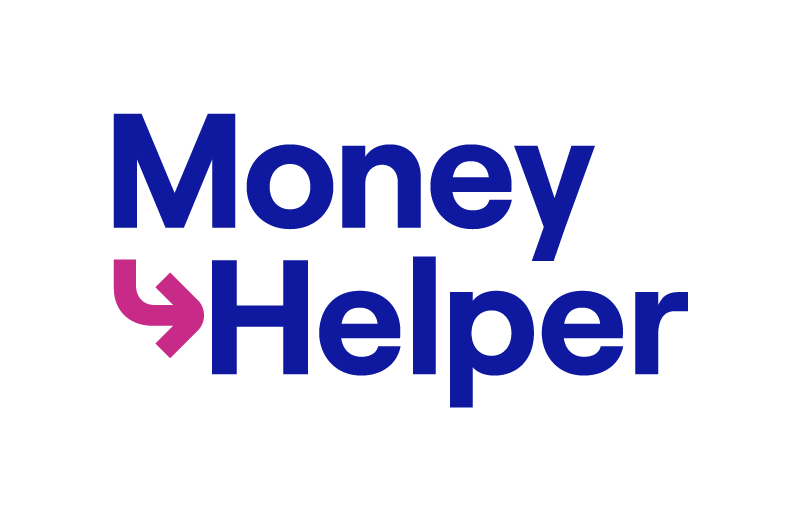How we help you
- September 2012
- August 2012
- July 2012
- June 2012
Can an IVA be used to pay off my overdraft?
An overdraft is an unsecured debt - which means it can be included in an IVA (Individual Voluntary Arrangement). Unsecured debts are debts that are not 'secured' against any of your assets - while a mortgage, for example, is a secured debt because your house could be taken away if you stopped making your payments.
An IVA can be used to tackle your overdraft, but it can also help you repay other unsecured debts, such as personal loans, credit cards and store cards.
How can an IVA clear my overdraft?
An IVA could help you pay off your overdraft and other unsecured debts by reducing the amount you pay every month to a more manageable monthly sum - one that you could commit to for five years.
If enough of your lenders agree to the terms laid down in your IVA Proposal, you will start making the lower monthly payments (which would be calculated not to interfere with your essential costs, like bills and food), and interest and charges on your debts will be frozen. You'll also be protected against any legal action from your unsecured lenders, so they won't be able to make you bankrupt, take you to court or ask for higher payments (as long as you stick to your payments as agreed).
Once you've successfully completed your IVA (usually after five years) any unsecured debt that's left over will be written off.
There are answers to more questions about IVAs on this page.
Can anyone get an IVA?
An IVA is only suitable for people who are really struggling with their unsecured debt repayments. As such, if you can see yourself being able to repay your overdraft (and other debts) in a reasonable time period, you should consider a different debt solution.
During an IVA you will, however, be expected to make consistent payments each month - which means you'll need a reliable income. If you can't see a way out of your unsecured debts, but you don't have a reliable income, bankruptcy might be a more suitable alternative.
Click here to read about the differences between an IVA and Bankruptcy.
What are the disadvantages of an IVA?
An IVA is only available to those who really need it - it does have some negative consequences. Your credit score will be damaged for six years from the start of your IVA, for example. It should be noted, however, that continuing to struggle with serious debt problems would also damage your credit rating.
If you're a homeowner it's likely that you'll be asked to release equity in your home during the final year of your IVA. This is, however, widely seen as preferable to bankruptcy, which is likely to require you to sell your home altogether.
Taking part in an IVA is a big decision, so you should seek expert advice if you're not sure how to start tackling your debt problems. If you have any questions, fill in our free call back form and a professional debt adviser will call you to talk about your situation.
By Matthew Plant.

It's good to know:
- We negotiate with the UK's major lenders and retailers
- We pride ourselves on our approach to great customer service
- Each month 1000s of people are benefiting from our help

To find other sources of free advice visit Money Helper. It's here to listen and give free, impartial, trusted guidance. Based around you and backed by government.
Subject to eligibility and acceptance. Fees Payable. Debt write off applies to unsecured debts only and on completion of an IVA, alternative solutions may be offered. If your IVA fails, it could lead to Bankruptcy. Your ability to obtain credit will be affected for at least 6 years. Homeowners may be required to release the equity in their property.